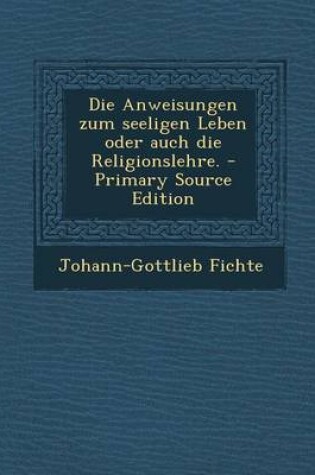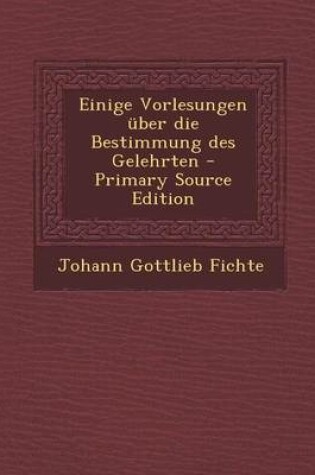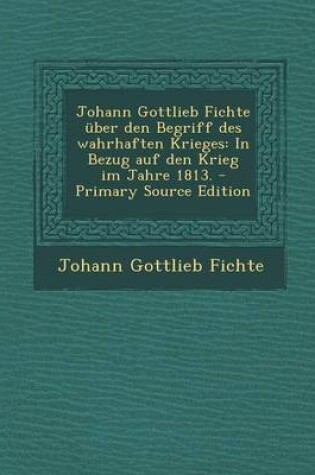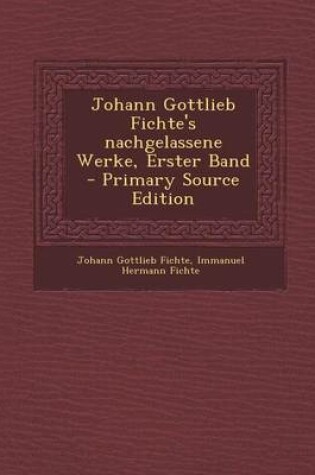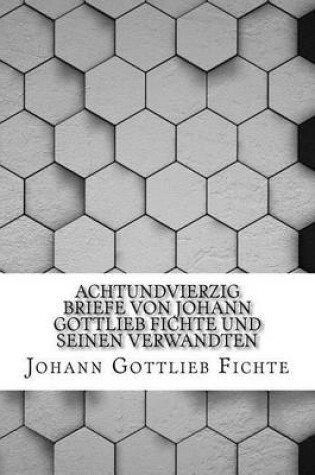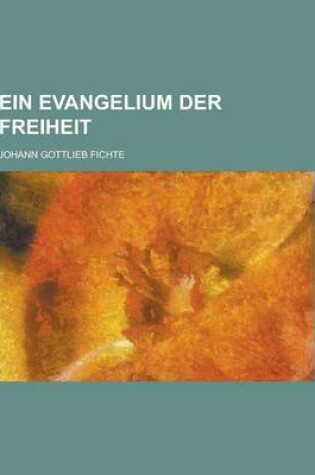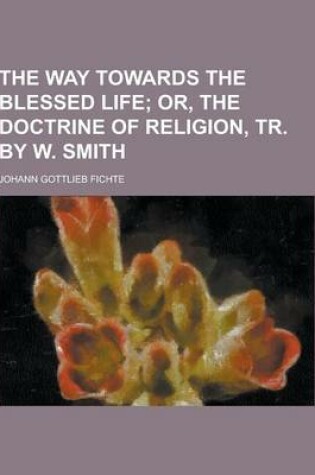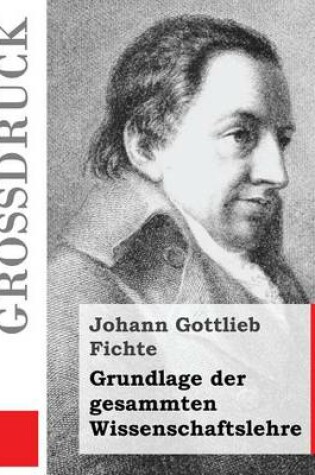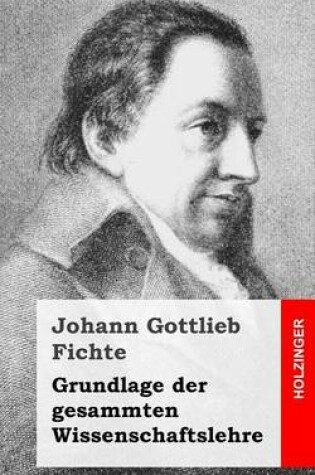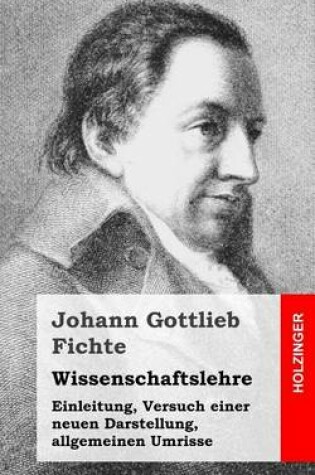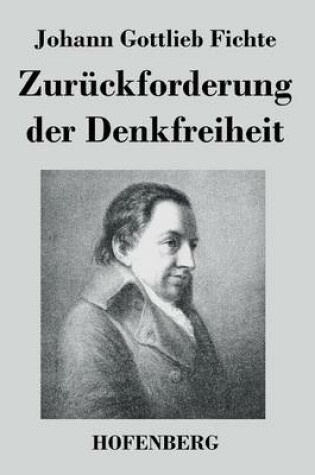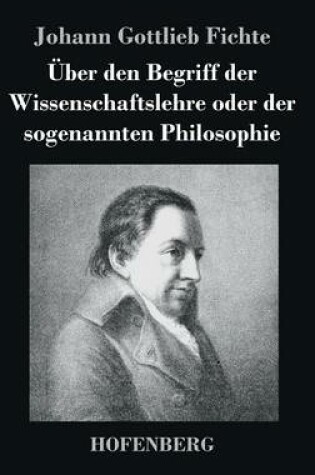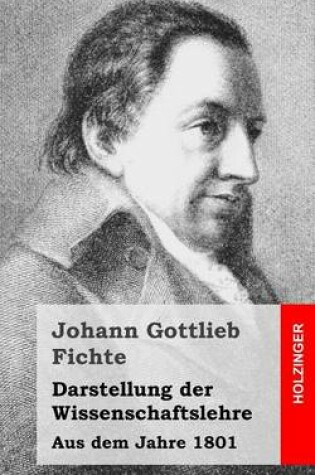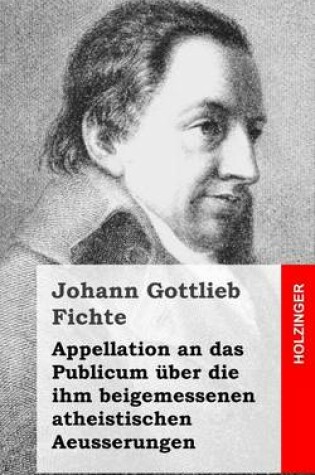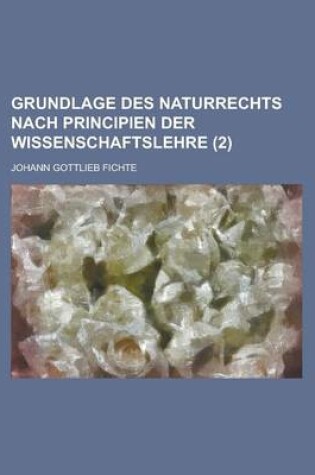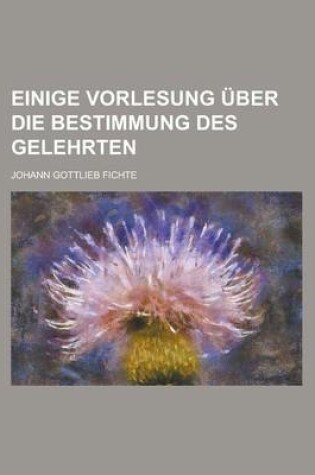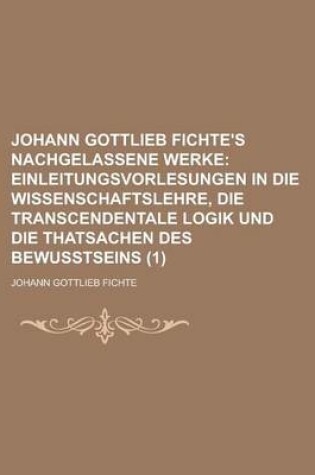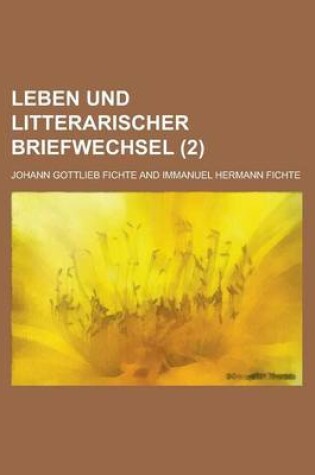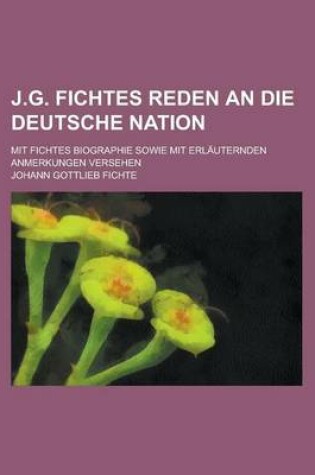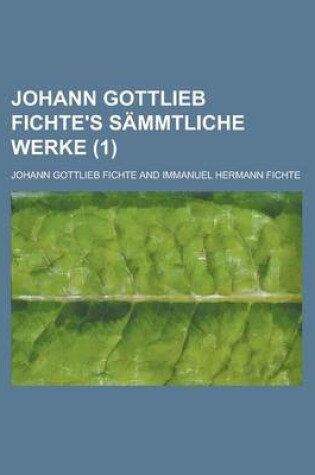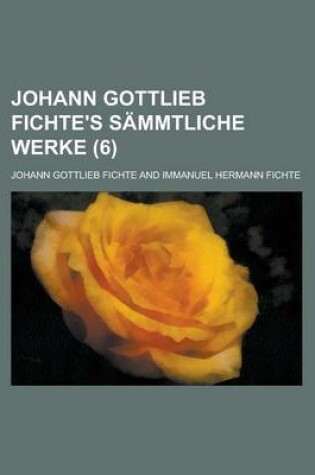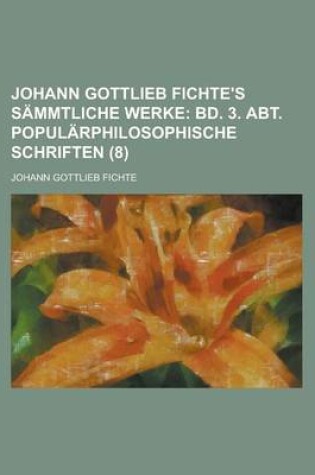Born on May 19, 1762 in the village of Rammenau in Saxony (in what is now Germany), Johann Gottlieb Fichte was the eldest son of a poor and pious family. The local baron soon realised that Fichte was endowed with extraordinary intelligence and decided to sponsor his education, enabling him to study at the college of Schulpforta and later at the universities of Jena and Leipzig. At Jena, when he was 18, Fichte studied theology but his personal inclination was toward philosophy. When the baron died, Fichte could not continue with his studies and sought to earn a living as a pastor, but failing this, he accepted to work as a private tutor, first in Switzerland then in Poland. It was at this time that he studied Kant. But his unsubmissive character soon made him detest his profession. In 1792, while in Koenigsberg, he met Kant, who received him coldly. After three months, Fichte sent his master a manuscript entitled Attempt at a Critique of All Revelation (Versuch einer Kritik aller Offenbarung). It was the beginning of his glory. He married, in Zurich in 1793, the niece of Klopstock. His reputation as a liberal and a democrat did not hinder his appointment in 1793 at the University of Jena, where he occupied the cathedra of philosophy until 1799. He was then accused of atheism and had to leave Jena, moving to Berlin. In 1805, he was appointed Professor at the University of Elangen and in 1806 he taught in Koenigsberg. When Napoleon's forces invaded, Fichte escaped, but returned to Berlin in 1807, and delivered his celebrated Addresses to the German Nation. In 1810, he was elected Rector of the University of Berlin. In 1813, Fichte cancelled his lectures to enable his students to enlist in the War of Liberation against the French. His wife was serving as a volunteer nurse in a Berlin military hospital, and Fichte contracted from her a fatal infection which caused his death on January 29, 1814.
